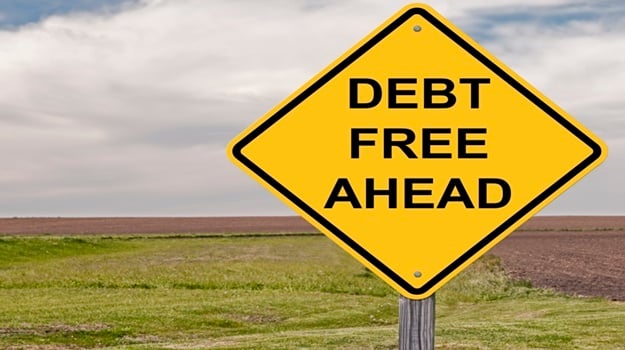
- To understand why you are in debt, you need to look at your spending habits.
- One needs to understand what you owe and how much cash flow is required to maintain repaying the debt.
- The reasons for incurring debt include materialism, entitlement, a big life event or the misfortune of an unexpected crisis.
It is not difficult to understand how one gets into debt. What's more difficult is knowing when and how to get out, financial planners warn.
"We have such easy access to credit cards, retail accounts for furniture, clothing, appliances; and regular offers to apply for small loans.
"Have you noticed that you qualify for a loan without having applied for one?" remarks Elena Bevilacqua, a certified financial planner at Fiscal Private Client Services.
"This type of easy debt can be dangerous. Before you know it, you are paying off more than one account, every month, with no end in sight. And worse, the debt seems never-ending."
Why we spend
To understand why you are in debt, you need to look at your spending habits, she advises. Spending is spurred on by a number of unique factors such as the compulsion to buy, the habit of going to the mall or visiting your favourite online shopping site despite not having money to spend, poor or no personal financial planning, or the buy-now-pay-later syndrome - which is possibly the biggest culprit of debt, in her view.
"The reasons for incurring debt are both vast and complicated but commonly include materialism, entitlement, a big life event – such as a wedding, or the misfortune of an unexpected crisis," says Bevilacqua.
"Not only are you stuck with owing the outstanding amount, but you also have to repay the cost of this debt – in other words, the interest charged on the original outstanding amount. And the longer it takes you to pay your debt back, the more interest you are charged."
Whether you have long- or short-term debt, or both – one needs to understand what you owe and how much cash flow is required to maintain repaying the debt.
Bevilacqua suggests asking yourself these questions:
- How much do I owe?
- To whom do I owe this debt?
- How long is my debt term?
- What percentage interest am I paying?
- What is the end price after the interest is included?
"Consider approaching your bank to discuss your debt. Negotiate a better interest rate, or a shorter repayment term, or a higher repayment every month. And if you are going to use the services of a Debt Counsellors, ensure they are registered," she says.
"The objective of getting a handle on one's debt is so that you can work towards both reducing debt and freeing up money to put into an interest-bearing savings platform. Actively implement plans to reduce your debt and increase savings."




 Publications
Publications
 Partners
Partners












